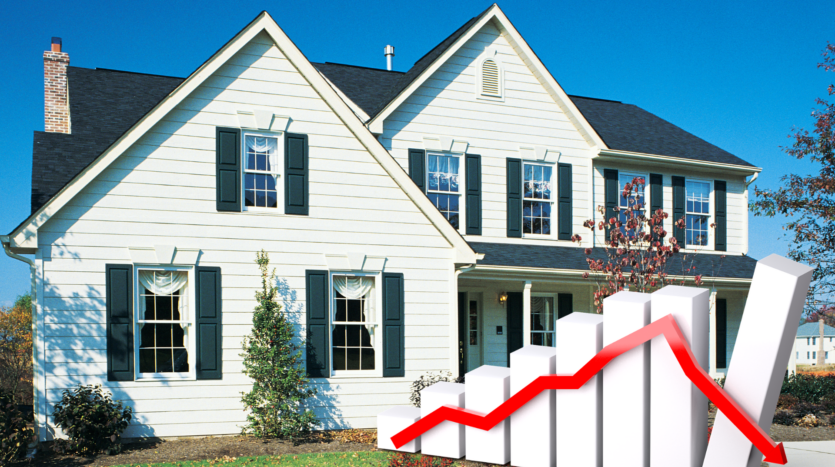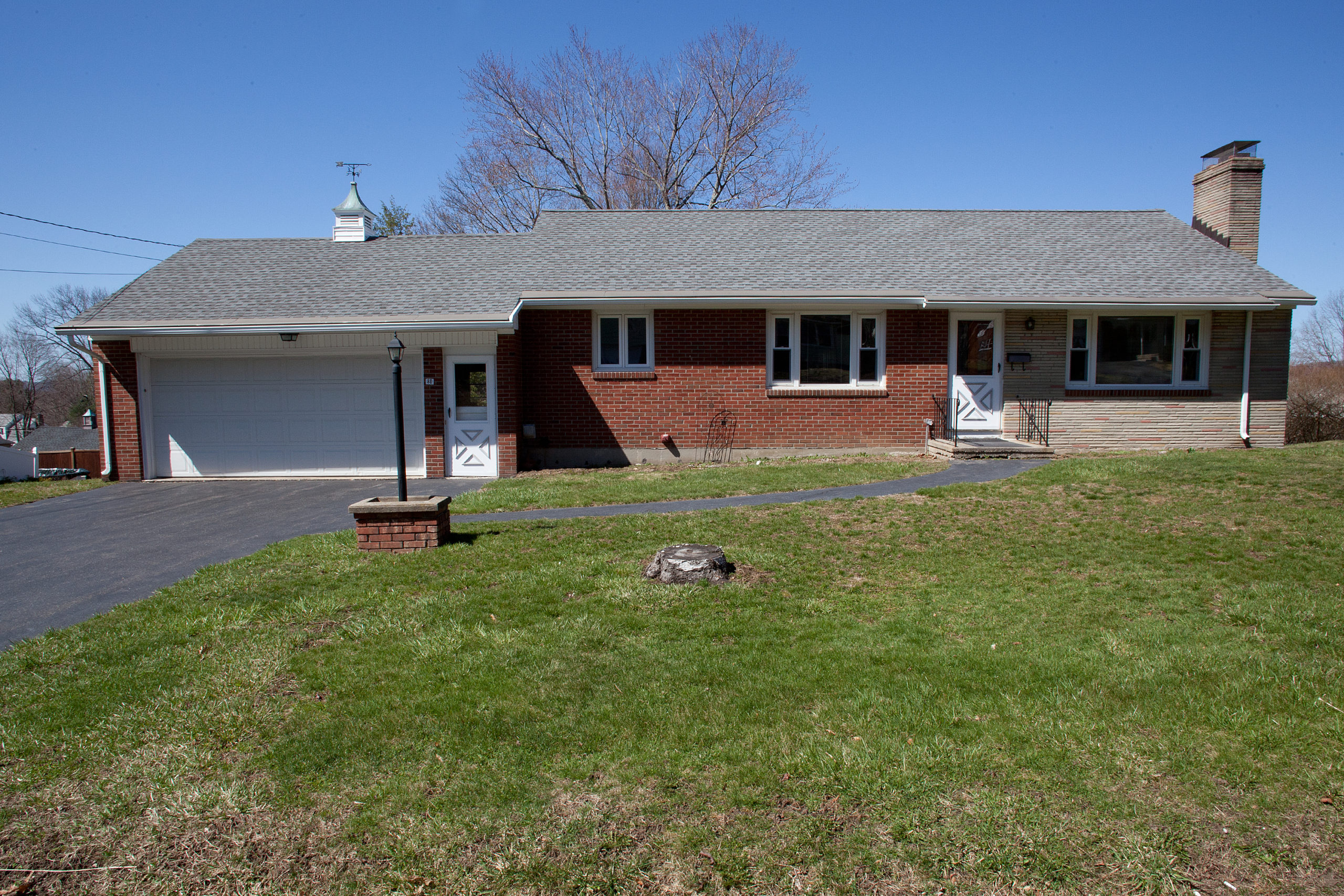As a real estate professional, I’m always happy to answer questions about the Connecticut real estate market. And one question I’m getting over and over in 2021 is when is the housing market going to crash?
We’ve seen Connecticut real estate values explode over the past few years. This is great news for homeowners who are enjoying increasing equity. But it also has some people nervous because we haven’t seen this level of growth since the years leading up to the Great Recession of 2008. Could we be headed for another housing market crash?
Whether you’re a current homeowner or someone who is considering purchasing a home, you deserve a detailed answer to this important question. I want to make sure you have the information you need to make the best real estate decisions possible during this interesting time.
Let’s look at how we got to this current seller’s market and how today’s economic situation is different from the 2008 recession. Then we’ll answer the big question: when is the housing market going to crash?
How Did We Get to This Current Seller’s Market?
The Connecticut real estate market is experiencing a slingshot effect right now. While the nearby urban markets of New York and Boston have appreciated tremendously over the past decade, rural Connecticut home values appreciated slowly and are now playing catch up to the higher-value markets to the north and south.
Along with much of the United States, Connecticut is squarely in the midst of a historic seller’s market. This means conditions are favorable for sellers because there are lots of buyers competing for very few homes.
Let’s take a quick look at some impressive market stats from May 2021 that show just how much of a seller’s market we’re currently in.
- The number of homes available for sale dropped by 29% from May 2020 to May 2021.
- Because of the low inventory of homes, buyers are acting quickly, with the average home sitting on the market just 35 days (down 44% from last year)
- Buyers are also willing to pay more than the asking price to get their offer accepted, paying an average of 1.9% above the listing price.
- The result is that sales prices increased by 17% from May 2020 to May 2021.
This is all good news for sellers. But there’s also good news for everyone: today’s seller’s market is the result of organic growth based on the traditional economic principles of supply and demand. This lends some stability to the current market conditions and dramatically reduces the likelihood of a crash.
But you might be wondering about the supply and demand. Why is demand so high right now? And why is supply so low?
High Demand
The first reason for today’s high demand is the increased interest in rural areas following the 2020 COVID pandemic. During that brief initial quarantine period, many people realized that their current living situations were not lockdown-friendly. Spaces were too small, there weren’t designated offices, and there wasn’t enough yard space. At the same time, we all learned that working from home isn’t just possible but it’s productive. So buyers gained the freedom of living further from work, opening up opportunities in less expensive rural markets like Litchfield County and Farmington Valley.
Low interest rates are the other key driving factor behind buyer demand. Low interest rates mean it costs you less to borrow money, so you can afford to spend more on the home itself. This increased purchasing power is only temporary because the Federal Reserve can increase interest rates at any time. So buyers are looking to take advantage of today’s low interest rates before they increase again.
Low Supply
The first cause for low supply was anxious sellers. At the beginning of the pandemic, there was a lot of economic uncertainty, and many sellers didn’t want to give up the financial security of their homes.
There was also a legitimate fear of viral contamination during the selling process. Selling a home for top dollar requires exposing your home to the general public and inviting people to tour your home. For many sellers, this wasn’t worth the risk. I should note that the past year has made buyers much more comfortable with virtual tours. So if you want to sell, but you don’t want the exposure of an open house, contact me. I can explain your virtual showing options to find a solution you’re comfortable with.
The other factor affecting housing supply is the current high cost of building. In April 2020, the commodity price of lumber on the stock exchange was $282. In May 2021, it hit $1,544. Lumber has been in high demand with everyone spending so much time at home, handling home renovation projects over the past year. So builders are struggling to find enough lumber to build new homes. And they’re struggling even more to afford that lumber, creating a shortage in the construction of new homes.
How is This Recession Different from the 2008 Recession?
Looking at the success of the housing market, it’s easy for some people to forget that we are still in a recession. The COVID recession officially began in February 2020. We can only hope we’re nearing the end of the recession as COVID vaccinations are being efficiently distributed and more people are able to return to work.
But the term “recession” is a bit of a trigger for those of us who remember the complete housing collapse in 2008 and the subsequent Great Recession.
Rest assured, the two recessions could hardly be more different! The housing market collapse was a direct result of speculative home buying and irresponsible mortgage lending practices. There was rampant home-building which created a surplus of inventory, and mortgage loans were being issued to under-qualified buyers who couldn’t afford to make their monthly payments, which then flooded the market with foreclosure properties.
The early 2000s created a housing market bubble, and when the bubble popped, we saw a housing market crash.
So When Is the Housing Market Going to Crash?
In my professional opinion, which is shared by the majority of real estate experts, there won’t be a housing market crash.
It’s true that our current level of growth is not sustainable. But there’s also no indication of a shift to a buyer’s market in sight. Demand is still high, and inventory is still low. Inventory would have to double its performance from the last six months every month for the next year in order for us to meet the current demand.
And because our current seller’s market is the result of organic growth due to supply and demand rather than a housing bubble, there is little, if any, risk of a sudden crash.
Once our current growth is no longer sustainable, the market will “correct” to more stable levels. Part of this correction could include a slight decline in home values. But this is part of the long-term experience of homeownership and is not a cause for concern.
The important takeaway is that this housing market is not in danger of crashing, but it also can’t last forever. So you need to take advantage of it while you can.
How You Can Take Advantage of this Market
While you don’t need to worry about a housing market crash, you might be a little unsure of how to take advantage of our current market.
While we’re currently firmly in a seller’s market, both buyers and sellers can take advantage of today’s market conditions.
How Sellers Can Take Advantage of Today’s Housing Market
If you’re thinking about selling your home, now is the time.
Buyers are competing with one another to win one of the comparatively few homes available. They’re willing to move quickly, willing to offer favorable terms, and are often willing to pay more than the asking price.
By listing today, you’re in the driver’s seat. You get to set the terms and conditions that work for you. This is especially important if you need to find a new home. You can make buyers work around your moving schedule. Many buyers in today’s market have had multiple offers rejected because they were outbid. So they are willing to agree to your terms and conditions to get their offer accepted.
But, as we’ve discussed, this won’t always be the case. At some point, the pendulum will swing in the buyers’ favor. Once that happens, it will take longer to sell your home, you won’t be able to dictate the terms of the contract, and you may even have to accept less than the listing price to get an offer.
You’re welcome to contact me to learn more about the selling process. I can even provide a free, custom home valuation to tell you how much your home is worth today.
How Buyers Can Take Advantage of Today’s Housing Market
Whether you’re looking at buying your first home, upgrading to a larger home, or downsizing to a more manageable home, there are some compelling reasons to buy in today’s market.
First is the low interest rate. Even though home values have risen, so has your buying power thanks to today’s low interest rates.
But perhaps the most important reason to buy today is the cost of waiting. Yes, the market will turn to favor buyers at some point. But no one knows exactly when that will be. Are you willing to wait for an unknown amount of time in your current home? And even then, we can’t say how much interest rates and prices will rise by that time. You might end up waiting only to see higher interest rates and higher home prices.
So get in on the action today! Contact me for an overview of the buying process and a custom list of available homes that would meet your unique needs. With my industry connections, I may even be your ticket to finding an off-market deal before the other buyers can get to it.
When You’re Selling Your Current Home and Buying a New One
Lastly, when you’re both a buyer and a seller, selling your current home to buy a new one, having the expert guidance of a licensed real estate professional to help you navigate this unique market is even more important.
While I proudly represent buyers and sellers all over Litchfield County and the Farmington Valley, I specialize in helping current homeowners downsize to homes that better suit their desired lifestyle.
Enter your email address in the form below to get a complimentary guide to downsizing. And if you have any questions, or you’re ready to make a move, I’m here to make the process as smooth and enjoyable as possible.








